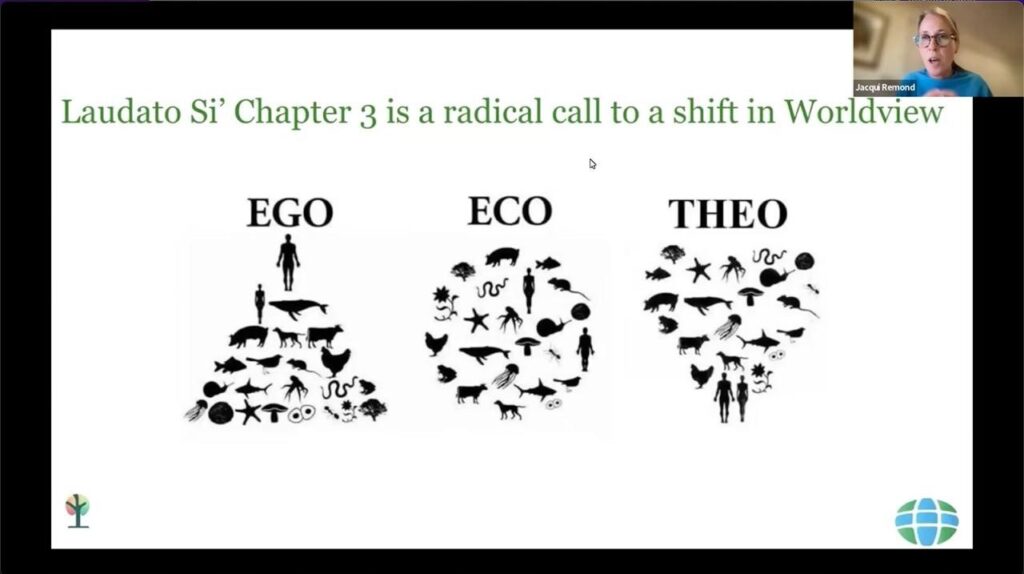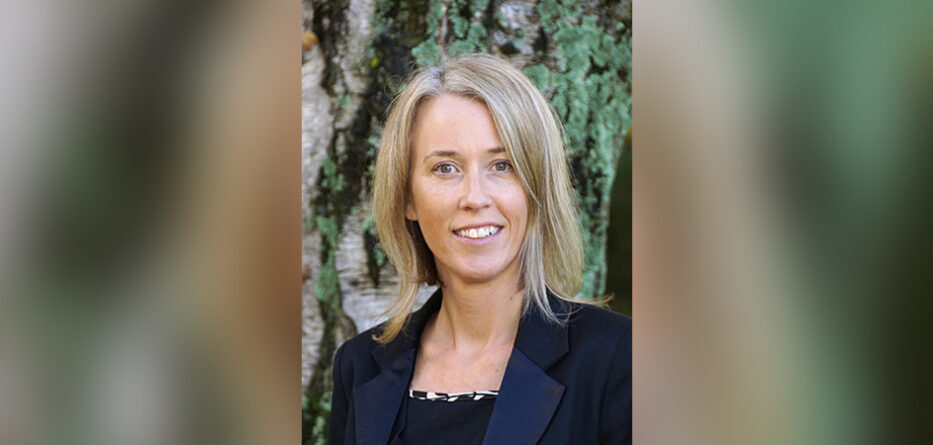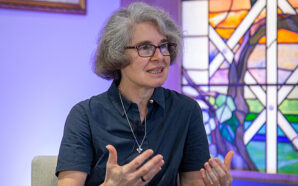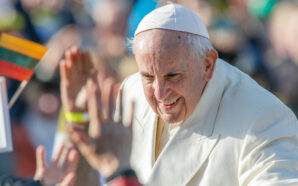Australian Catholic University (ACU) theology lecturer Jacqui Remond has encouraged students of a new global online course on Integral Ecology to “have the audacity” to unlearn the ego-centric behaviours causing poly-crises in the world.
Ms Remond, a leading expert in integral ecology and co-founder of the Laudato Si‘ Movement, was a guest speaker for the third session of the Certificate Course in Integral Ecology recently offered by the Pontifical Universities in Rome. Ms Remond is the only Australian expert presenting in the six-month course.
Speaking to more than 600 people completing the course, Ms Remond briefly explored the significance of Chapter 3 of Pope Francis’ encyclical Laudato Si’, titled The Human Roots Of The Ecological Crisis.
“Chapter 3 is really rich and dense because it goes to the guts of Laudato Si’, that is, the rich philosophical analysis and theological thinking that is needed to respond to the poly-crises facing the world today,” she said.
“I wanted to provide some framing around the notion that all things are interconnected, and this requires us to re-examine and embody a sense of relationship that’s close with our creator and creation, closer than what it’s been in this industrial age and the crises we’re in.”
Ms Remond said Pope Francis named two root causes of the current crises in Laudato Si’, a tendency to anthropocentrism, or human-centredness, and the “technocratic paradigm” which the Holy Father described as “the way that humanity has taken up technology and its development according to an undifferentiated and one-dimensional paradigm”.
Equally “problematic” is the language often used to describe the natural world.
“One point I brought forward was an urge to critique some of the common language, for instance, when we say ‘environment’ we are positioning ourselves as separate from creation, and that’s hugely problematic,” Ms Remond said.
“I invited the cohort to consider the beliefs and myths, unconscious or subconscious, that have been reinforced in our cultures, including in our faith tradition, such as the literal interpretation of Genesis to have dominion over creatures, reinforcing a superiority over creation. Through the lens of our creator, creation can be seen as gifts and not ‘resources’, as through a utilitarian mindset.”
Ms Remond said creating more environmental programs and initiatives wouldn’t necessarily solve the crises.

ACU theology lecturer Jacqui Remond presenting during the Certificate Course in Integral Ecology recently offered by the Pontifical Universities in Rome. Image: ACU/Supplied
“There is a serious risk that our solutions are coming from the same flawed thinking that have contributed to the crises in the first place,” Ms Remond said.
“Pope Francis is alerting us to an ‘ego-centric’ model, with man superior to all creation, even women, present in so many of our communities and institutions.”
Highlighting a theo-centric worldview, where men and women were placed “at the bottom of a love heart, to be of service to all within creation” was more closely aligned with integral ecology. This approach requires a “deep journey, to recognise and unlearn fragmented patterns of thinking, being and relating to restore socio-cultural- ecological justice”.
“At the end of Chapter 3 Pope Francis describes what it would look like or what is required in response to these embedded root causes, and here is where he makes the call for integral ecology,” Ms Remond said.
“We can’t make a sudden leap towards integral ecology, but we can listen to creation and each other in a way that helps us connect with our creator more deeply and come to understand, as Christians, that Christ is alive in the world and that we have a particular role of responsibility within creation.”
Ms Remond praised the Integral Ecology course, saying it was accessible for the first time online and in English and enrolments remain open until March 31.
“We’re in the year 2024, getting closer to the well-understood years where tipping points can be crossed, so this course is very timely, and importantly, it’s a global ecological conversion journey that’s being offered,” Ms Remond said.
“What’s really important is the beauty of diversity in the cohort, that by doing this together with so many others in different places and cultures, we’re learning how to hold multiple worldviews with respect to the call for dignity and integrity. This course, together with the global framework of the Laudato Si’ Action Platform, the Laudato Si’ Goals and the Laudato Si’ Movement is nurturing seeds of hope for diverse community responses on the ground all around the globe.
“We are truly growing a family of ecological consciousness in action.”
To enrol in the program before 31 March and to begin viewing the prior sessions, register at this link: https://immatricolazioni.unigre.it
With thanks to ACU.








